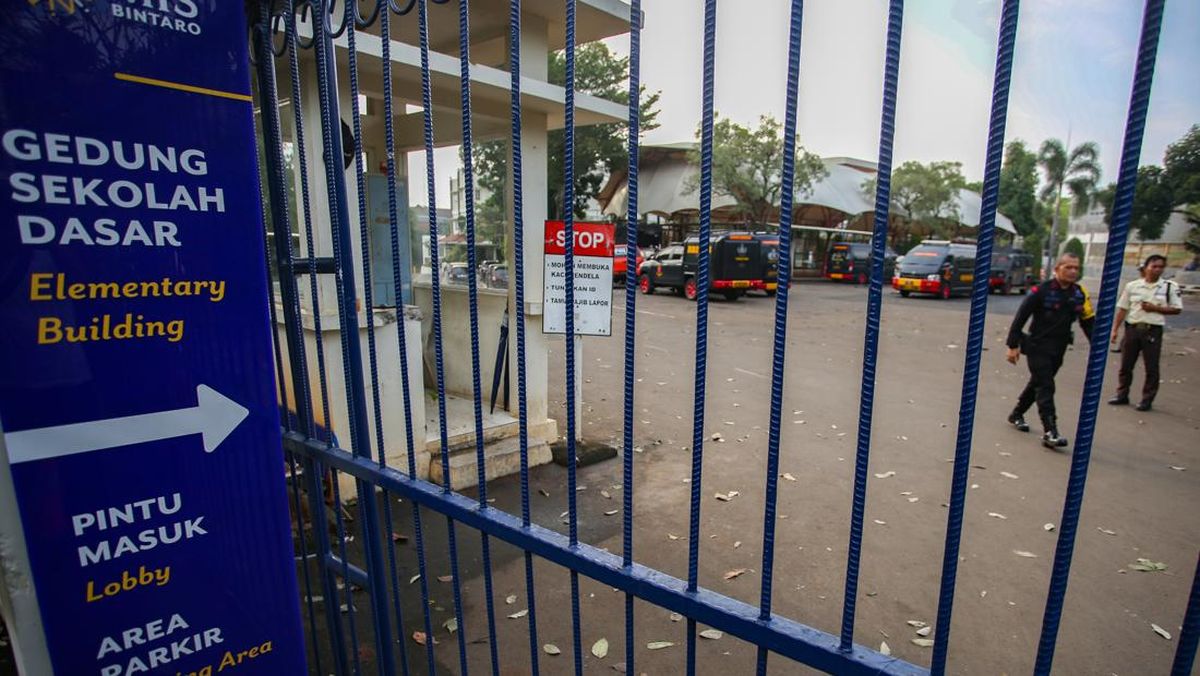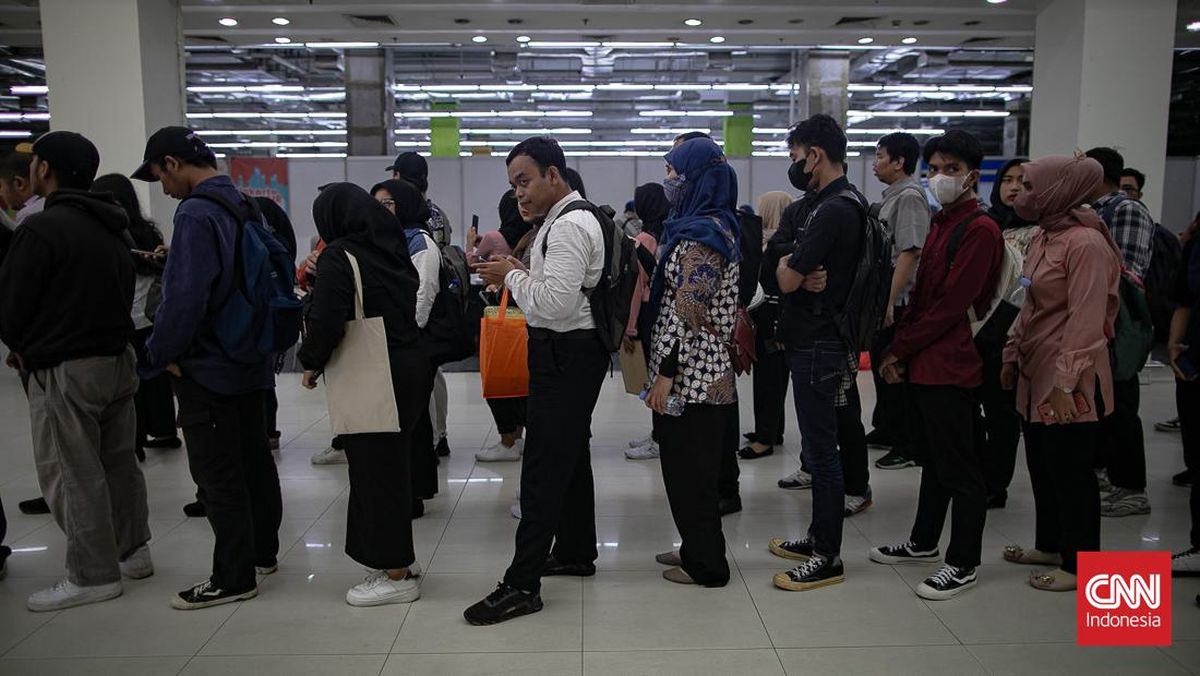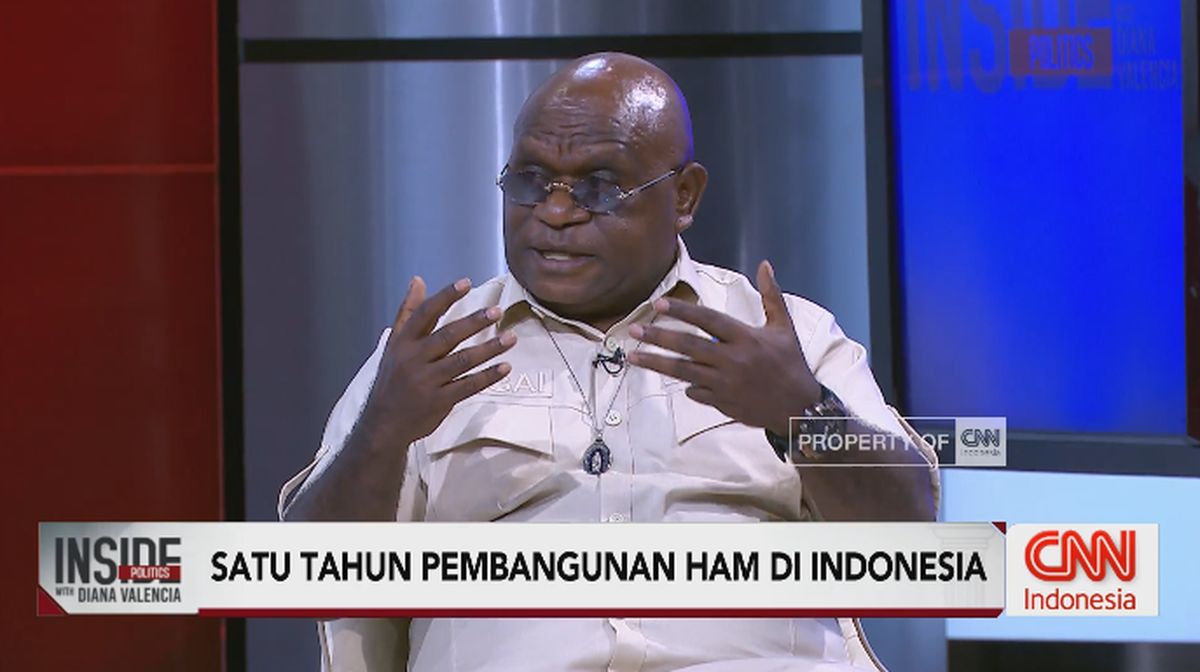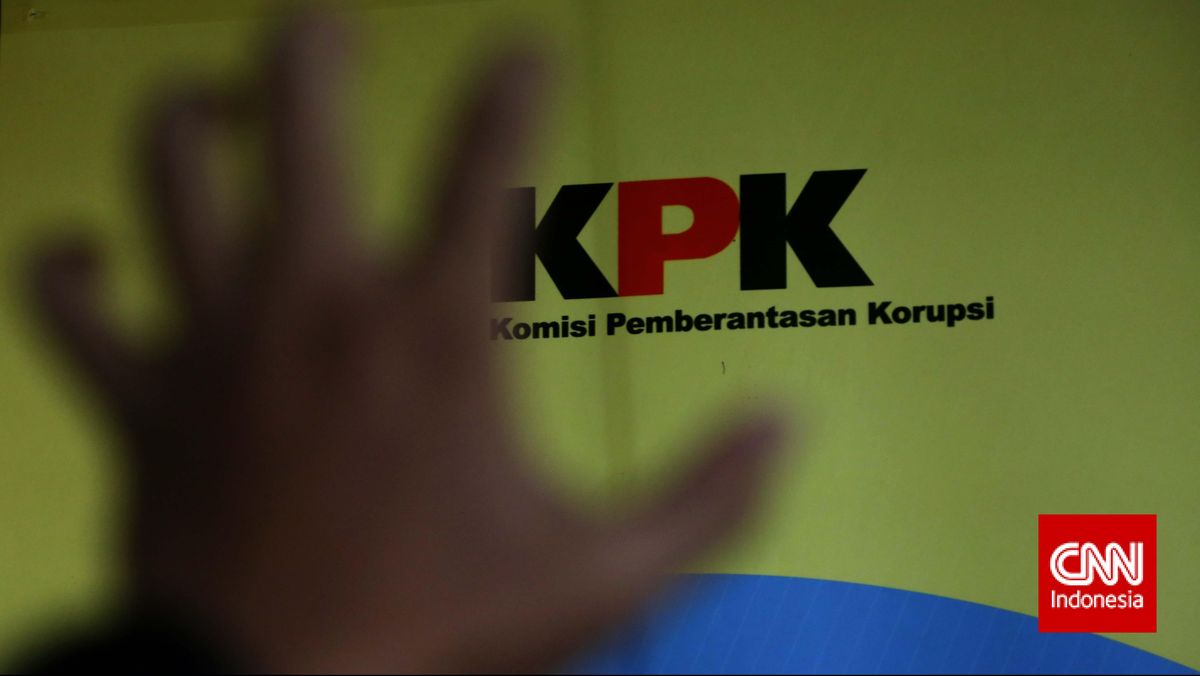Many expressed a reluctance to report sexual harassment and sexist conduct because they feared negative consequences if matters were escalated.
Loading
The report by Somali Cerise Consulting was commissioned by Sydney Trains to gain an in-depth understanding of the experiences of gender inequality and exclusion in the workplace. It was also prompted after a “range of concerns” were raised from within the rail operations division.
The gender equality expert carried out focus groups on an anonymous basis with women and men across all parts of rail operations, including support staff. Women make up less than a quarter of Sydney Trains’ 11,170-strong workforce, according to its annual report.
Somali Cerise Consulting’s report also details women’s concerns that their skills and capabilities are often undervalued, and they are excluded, some of which was due to structural flaws such as a lack of a maternity uniform or enough lockers for women.
Many women interviewed spoke about the “boys club” at Sydney Trains. One said: “It’s very much schoolboy behaviour. There’s gossip and rumour-spreading about women.”
Another said: “It’s so common that jobs have been preselected to go to someone’s mate. It’s the boys club benefit. Boys chat and say, ‘yep I’ll get you in because you’re my mate’.”

Sydney Trains chief executive Matt Longland.Credit: Dominic Lorrimer
While some women were positive about the workplace, an overwhelming majority confirmed they had experienced or observed everyday sexism, sex-based harassment and sex discrimination.
One said: “We get and hear these comments all the time: ‘You only got the job because you’re a woman’.”
Another said: “If one of the women is getting married, there’s always ‘are you going to lose weight before you get married’?”
The report noted that many of the comments made by men at work could amount to unlawful conduct under the Sex Discrimination Act.
Many women felt like they needed to change themselves to be taken seriously and to manage the risk of men targeting them.
Most men who were part of the focus groups remarked that they had not observed sexist behaviour, which the report said suggested it was normalised or invisible to them. One male employee said: “Women want to be at home more with their kids, not doing shift work.”
Despite men saying they had not seen sexist behaviour, some said they would not recommend a job at the rail operations division to female family members because of the experience they would encounter.
Loading
Sydney Trains chief executive Matt Longland said the report was a wake-up call for leaders in the rail operations division “that we’ve got to do better”.
Longland said he had been “crystal clear” with staff that any discriminatory behaviour was unacceptable, and issues that were reported were investigated.
“We’ve been very active in terms of leading a cultural change across Transport, resetting expectations around a positive duty in the workplace,” he said on Friday.
Following the report’s findings last year, Longland sent an internal memo to staff warning that the normalisation of everyday sexism and discrimination would not be tolerated, and Sydney Trains had “serious issues to address”.
Overarching agency Transport for NSW said all individual issues raised by the findings were actioned through appropriate channels and staff involved were supported.
“[These] findings, which were shared with staff in July 2024, outlined several recommendations – all of which were taken seriously and have since been actioned,” it said.
Start the day with a summary of the day’s most important and interesting stories, analysis and insights. Sign up for our Morning Edition newsletter.


















































